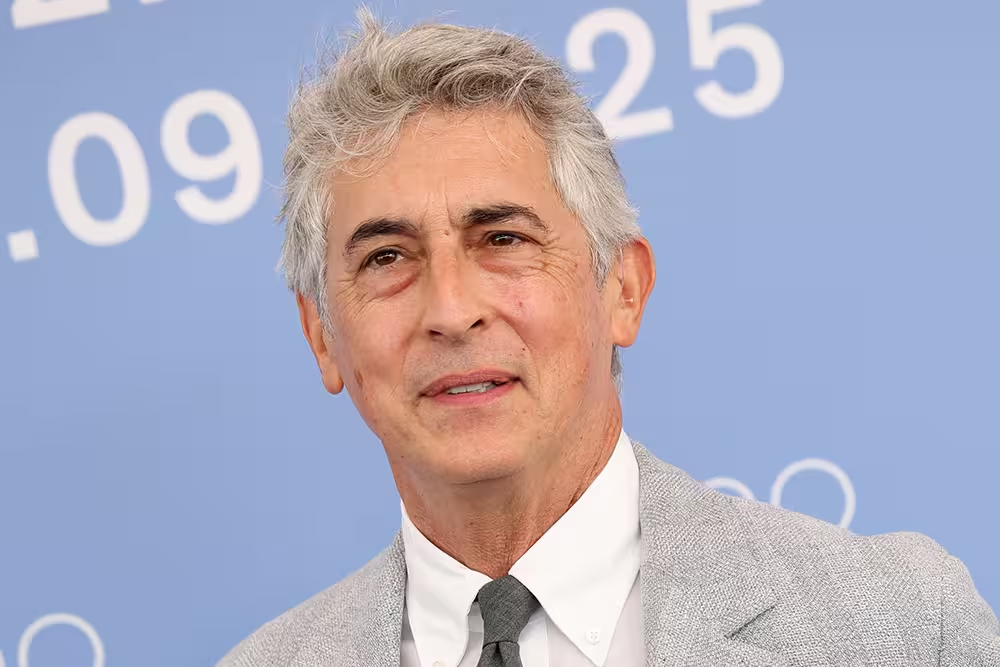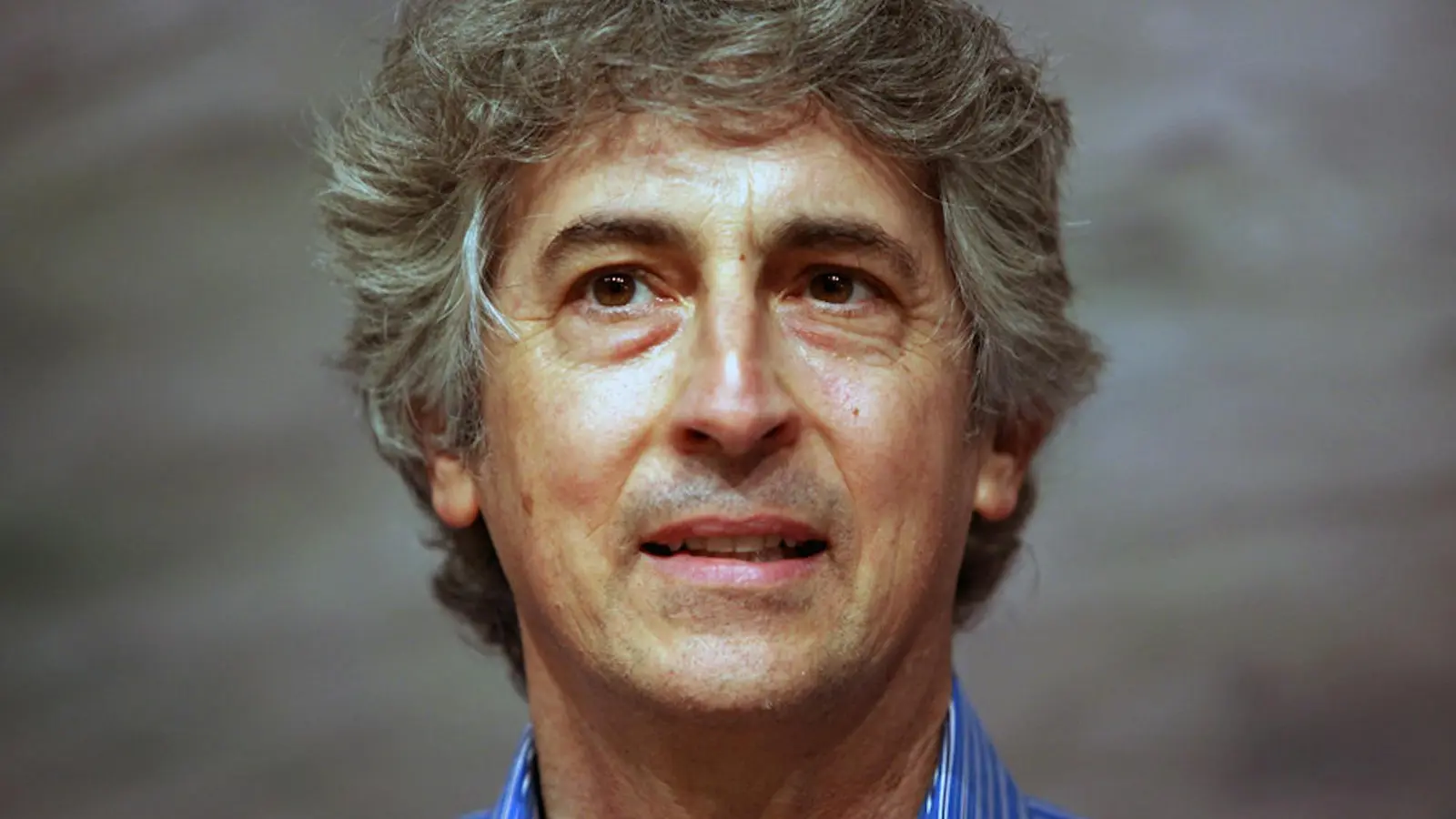6 Minutes
Jury President Alexander Payne Avoids Gaza Question as Venice Faces Political Pressure
At this year's Venice Film Festival jury press conference the conversation emptied quickly of red carpets and film craft and filled with the urgent, painful subject of the war in Gaza. Competition jury president Alexander Payne — known for his incisive, human-scale films like Sideways and The Holdovers — declined to state a personal position on the humanitarian crisis, telling reporters, "Quite frankly, I feel a little bit unprepared for that question. I'm here to judge and talk about cinema." Payne redirected political queries to Venice Biennale chief Alberto Barbera, emphasizing the jury's remit: to evaluate films.
Festival Leadership Responds: Inclusion vs. Condemnation
Earlier, hundreds of filmmakers and cultural figures had urged Venice to take a forceful stance, even calling for the disinvitation of Gal Gadot and Gerard Butler from Julian Schnabel's In the Hand of Dante because of their public support for Israel. Barbera answered firmly: "We have been asked to turn down invitations to artists; we will not do that. If they want to be at the festival, they will be here." Barbera also expressed sorrow for the civilian deaths in Gaza, particularly children, drawing a line between institutional openness and human empathy.
Why this matters for festivals
The debate captures a recurrent dilemma for major festivals: should cultural gatherings serve as safe zones for artistic exchange regardless of politics, or as platforms that must take explicit moral stands? Venice's choice to host contested figures while vocalizing grief reflects one approach; other festivals — from Cannes to Berlin — have faced similar crossroads in recent years, yielding different decisions and public reactions.
Who’s on the Jury — and What They Bring
Payne presides over an international jury that includes Fernanda Torres, Mohammad Rasoulof, Cristian Mungiu, Stéphane Brizé, Maura Delpero and Zhao Tao. The group represents a varied cinematic language: Rasoulof and Mungiu are auteurs known for politically charged dramas, while Zhao brings an actor-producer’s sensibility shaped by collaborations with Jia Zhangke. That mix suggests the jury will weigh craft, social engagement and storytelling economy when deliberating.

Comparisons and context
Payne’s own filmography — the bittersweet, character-driven Sideways and the more recent The Holdovers — prioritizes intimate human truths over grand political statements. That background contrasts with several competition filmmakers who make explicitly political cinema; think Rasoulof's ethical urgency or Mungiu's sharp social realism. The result is a festival that houses both inward-facing human dramas and outward-looking protest films, reflecting a broader industry trend where festivals curate an ideological and aesthetic spectrum.
Streaming, Theatricality and the 'Cathedral of Cinema'
Beyond geopolitics, Payne used the press moment to reflect on cinema's evolving ecosystem. He lamented that many films of artistic and political importance fail to enter the wider cultural conversation without a theatrical release. "I watch a lot of movies at night on my stomach. But I much prefer to see them projected in the cathedral of cinema," he said, echoing a growing anxiety among cinephiles and filmmakers about streaming-driven fragmentation of audience attention.
This is more than nostalgia. Festivals like Venice continue to act as cultural filters and launchpads into awards season, critical discourse and broader public impact — roles that feel endangered when distribution bypasses theaters. The tension between streaming convenience and theatrical impact is shaping acquisition strategies, awards campaigns and even the kinds of films that get made.
Festival Highlights and Industry Buzz
Venice will premiere star-driven titles such as After the Hunt and Frankenstein, featuring actors like Julia Roberts, George Clooney and Emma Stone. Payne and his jury face a cinematic feast — he joked about the joy of seeing 22 films "for the first time in a theater not knowing anything about them." The lineup blends prestige studio fare with festival-ready indies, creating a cross-section of contemporary filmmaking.
Behind the scenes and fan reactions
Social media has amplified calls for political accountability and fueled heated debates among fans and critics. Industry insiders note that festivals increasingly must navigate immediate public sentiment, influencers and the long arc of reputation management. Meanwhile, jury deliberations remain secretive, a ritual that preserves the artistic sanctity of awards even as external controversies rage.
Expert Perspective
"Festivals are living archives of a cultural moment," says cinema historian Marko Jensen. "Venice's decision to remain a forum for artists, while expressing sorrow over civilian suffering, reflects a delicate balance between artistic openness and moral clarity. How juries respond to films made in or about conflict zones will be an important metric of festival responsibility going forward."
Conclusion — What Venice Reveals About Cinema's Role Today
Venice 2025 is unfolding as more than a showcase of films: it's a mirror of contemporary tensions — political, technological and ethical — within the film world. Payne’s reluctance to answer a direct political question underscores a perennial debate about the role of artists and festival officials in public life. Whether festivals should be moral arbiters or open stages may not have a single answer, but Venice’s choices will influence how films circulate, what stories gain visibility, and how global audiences experience cinema in an era of upheaval. For cinephiles, the takeaway is clear: the cinema remains a vital forum — imperfect, contested, and essential — for witnessing, documenting and discussing our times.
Source: variety


Leave a Comment